Bonfire of the CEOs: Why was it such a rocky year at the top?
The turnover of executives has been unusually high this year. Is this, asks James Moore, simply random fluctuation or are there deeper reasons for the game of musical chairs played out in British boardrooms?


Trouble at the top? There’s been a lot of it about. Some 16 companies have brought in a new chief executive this year, with three more announcing they will do the same. Among them are some very big names. Perhaps the biggest is WPP, which parted company with Sir Martin Sorrell, the man who turned it into a titan, scandal trailing in his wake.
The turnover of big cheeses has been unusually high according to Russ Mould, investment director at broker AJ Bell. His analysis found that the average number of changes at the top of Britain’s biggest companies is 12.
Is this simply random fluctuation or might there be deeper reasons behind the game of executive musical chairs that’s been played out in boardrooms?
Broadly, the departures fall into five categories.
Firstly there are those companies where something going wrong has led to a scandal – this covers WPP and Persimmon Homes (see below).
Sometimes it’s because the financial and share price performance has been found wanting. Aviva, Micro Focus, BT, and Sage all arguably fall into this category.
Then there are companies where investors felt in need of a change, or where the CEO took it upon themselves to seek pastures new. Step forward the London Stock Exchange, Direct Line, British American Tobacco, Smith & Nephew, ITV, and Mediclinic.
There are also companies where the executive gets out while the going is good, or before it gets bad, which could include Vodafone and Royal Mail.
Finally there are unexpected events, such as the takeover that resulted in the departure of the boss of GKN or the tragedy that left Compass installing its new CEO early.
Investors getting antsy over issues including pay and performance, and ditching underperforming or just plain bad CEOs, can actually be seen as a rather positive thing. Rotten CEOs can do a lot of damage, and hurt employees every bit as much as investors.
A sharper focus on how individual bosses are performing shouldn’t come as a great surprise at a time when the FTSE 100 has done little to excite investors. It’s when returns are difficult to come by that the best shine – and the mediocre are exposed.
“There is pressure from fund managers to perform as they themselves are under pressure to perform from their investors,” says Mould. “Cash is earning nothing in the bank for companies so managers are under pressure to do something smart with it to conjure up growth in a low interest rate, low growth, low inflation environment or just give it back to investors.”
FTSE 100 companies are often international businesses, with global interests, especially those at the top of the pile. But it isn’t hard to see what the trainwreck might be for those reliant on Britain: it’s called Brexit
Mould adds: “Activists are raising the temperature too. There are so many of them now that they are branching out of their domestic hunting ground (America) and looking overseas. When they come, they come with their classic checklist of options – operational change, financial change, strategic change or (wait for it) management change.”
There’s a sting in the tail, however. Could it be that some of the changes happened because the bosses saw something nasty brewing?
According to Mould’s analysis, the last time the boardroom doors revolved to this extent was in 2007, just before the financial crisis.
CEOs are smart people, with access to lots of privileged information, reports, and advisers. They could be expected to see a potential trainwreck before anyone else. If you get out while the going is good you can expect a nice payoff without City institutions kicking up too much fuss, while leaving your successor to deal with the fallout.
FTSE 100 companies are often international businesses, with global interests, especially those at the top of the pile. But it isn’t hard to see what the trainwreck might be for those reliant on Britain: it’s called Brexit. If the financial crisis made it tough for CEOs to hit the numbers, and gather in their beloved bonuses, one can only imagine the pain that Brexit is going to cause them.
The big-name departures
Sir Martin Sorrell
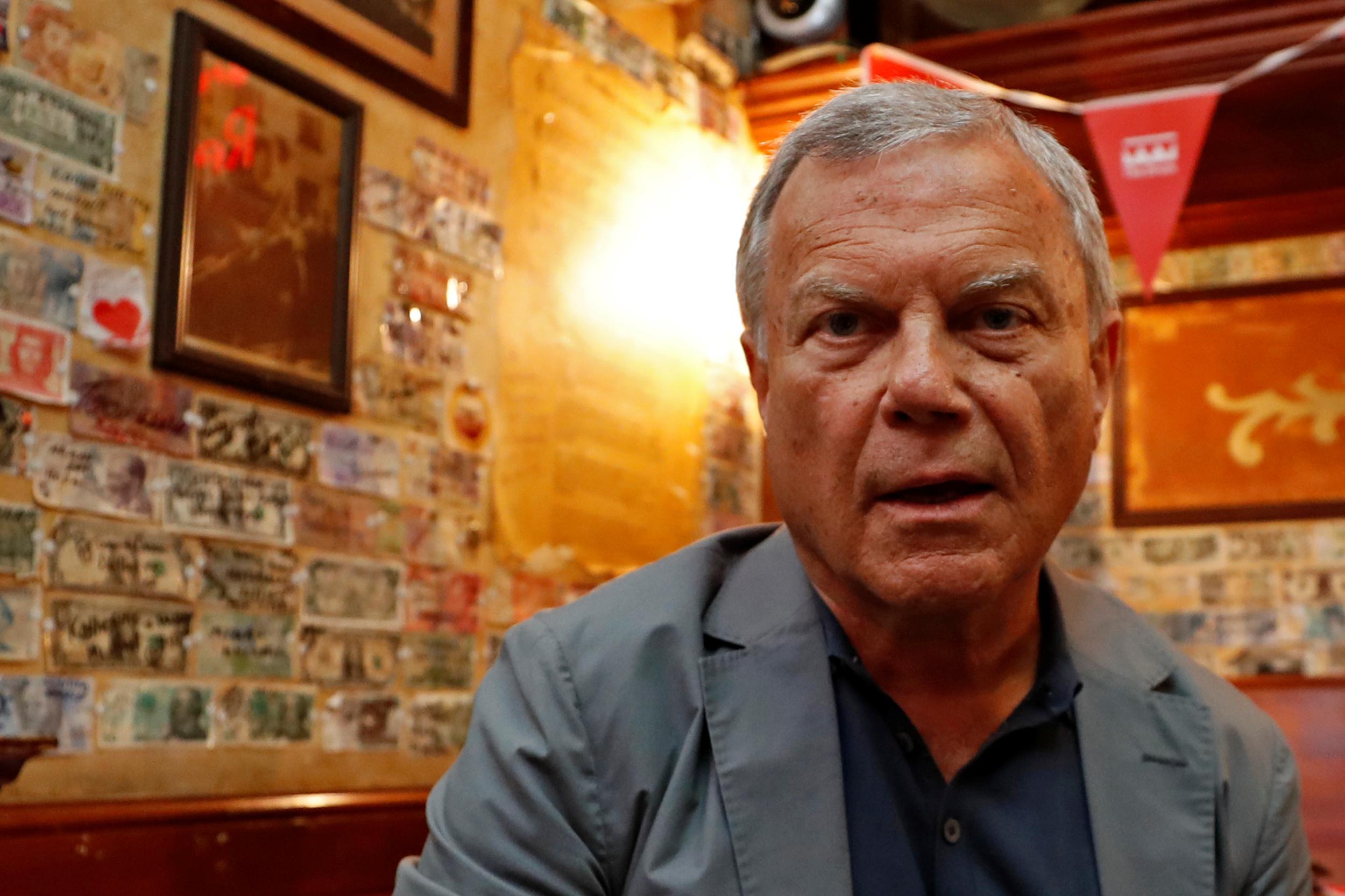
The departure of Sir Martin Sorrell from WPP in April was one of the biggest British business stories not just of the last year, but of the last decade. One of our most high-profile business leaders, he turned a two-man operation that started life as Wire & Plastic Products into the world’s biggest advertising and PR business through 33 years of dealmaking. However, the final years of his reign were marred by controversy. His eye-popping salary packages put the company at odds with governance advisers and many investors. The £70m he received in 2015 was one of the biggest payouts in UK corporate history, and his pay exceeded £200m between 2012 and 2017. But the straw that broke the camel’s back was an allegation of misconduct that led to the company calling in lawyers to investigate.
Sir Martin denied it but quit anyway, claiming the disruption was “putting too much unnecessary pressure on the business”. What followed was a string of sometimes lurid reports and claims covering everything from his management style to his use of company funds and his activities, most of which were disputed. Sir Martin now has a new outfit, facilitated by the lack of a non-complete clause in his contract, that itself served as an indictment of WPP’s corporate governance and the company’s non executive directors.
Company veteran Mark Read, a protégé of Sir Martin, was subsequently appointed to the top job, with his colleague Andrew Scott taking the role of chief operating officer (they had run the company together during the interim period under the direction of chair Roberto Quarta). Sir Martin wasn’t exactly pleased – still an important shareholder, he thought the two men should have run it together – but he did write to congratulate them both. One gets the impression that this story isn’t over. Not by a long shot.
Gavin Patterson, BT
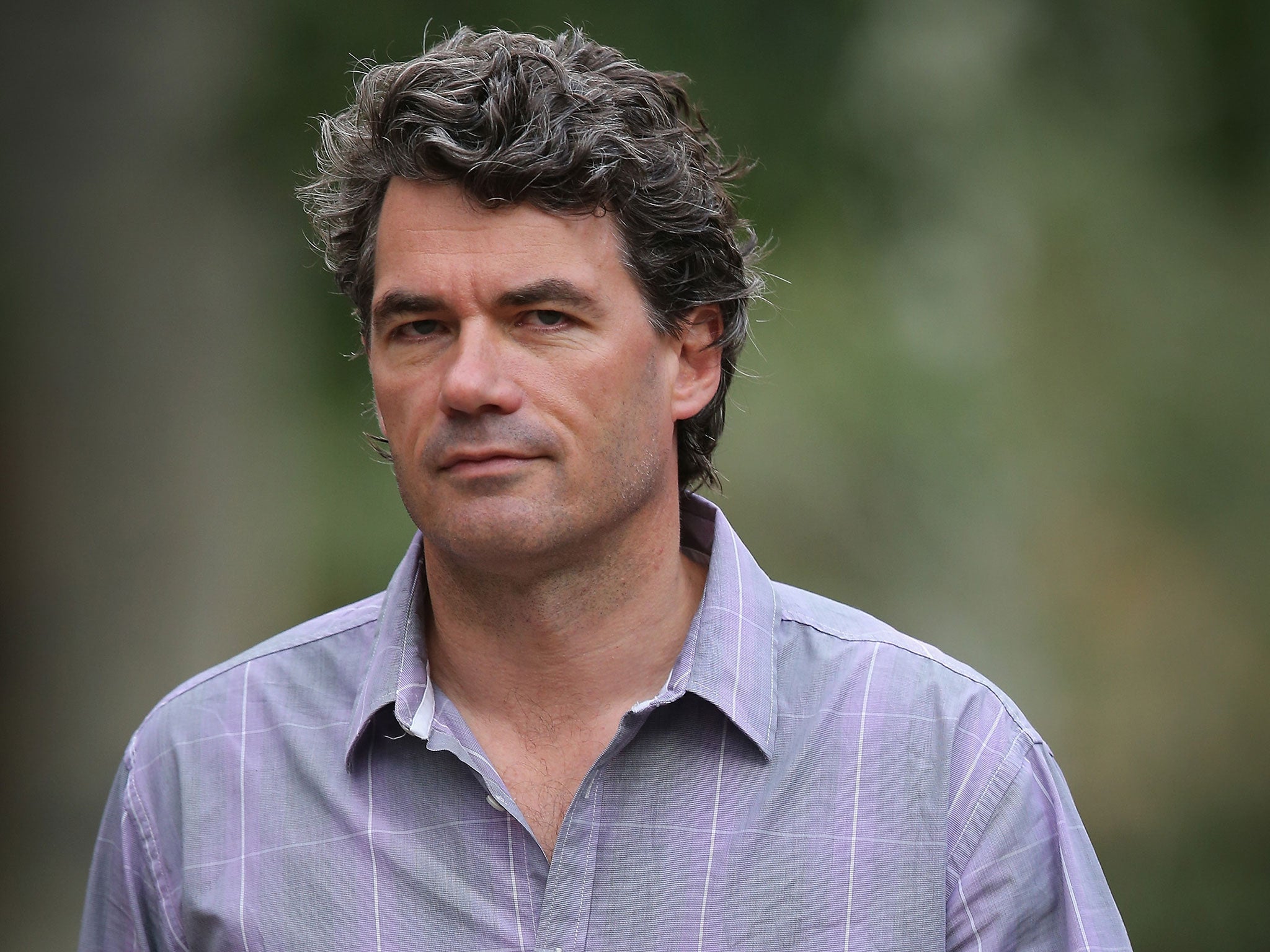
The cameras loved the BT boss, with his open necked shirts, long wavy hair, and fancy suits – and Patterson loved the cameras too. If BT’s performance had only matched the marketing whizz’s style, it would have looked more like Apple than the unloved utility it is today. The share price rose during the early part of his tenure, only to enter a long term decline from the end of 2015. Patterson was heavily criticised after announcing a costcutting plan earlier this year that called for thousands of job losses. The optics of him accepting a pay rise and part of his bonus while sacking thousands of his colleagues in a bid to improve performance at a company that he’d had plenty of time to fix were terrible. His departure was announced in June. Worldpay’s Philip Jansen will pick up the phone at the end of a transition period in February.
Mark Wilson, Aviva
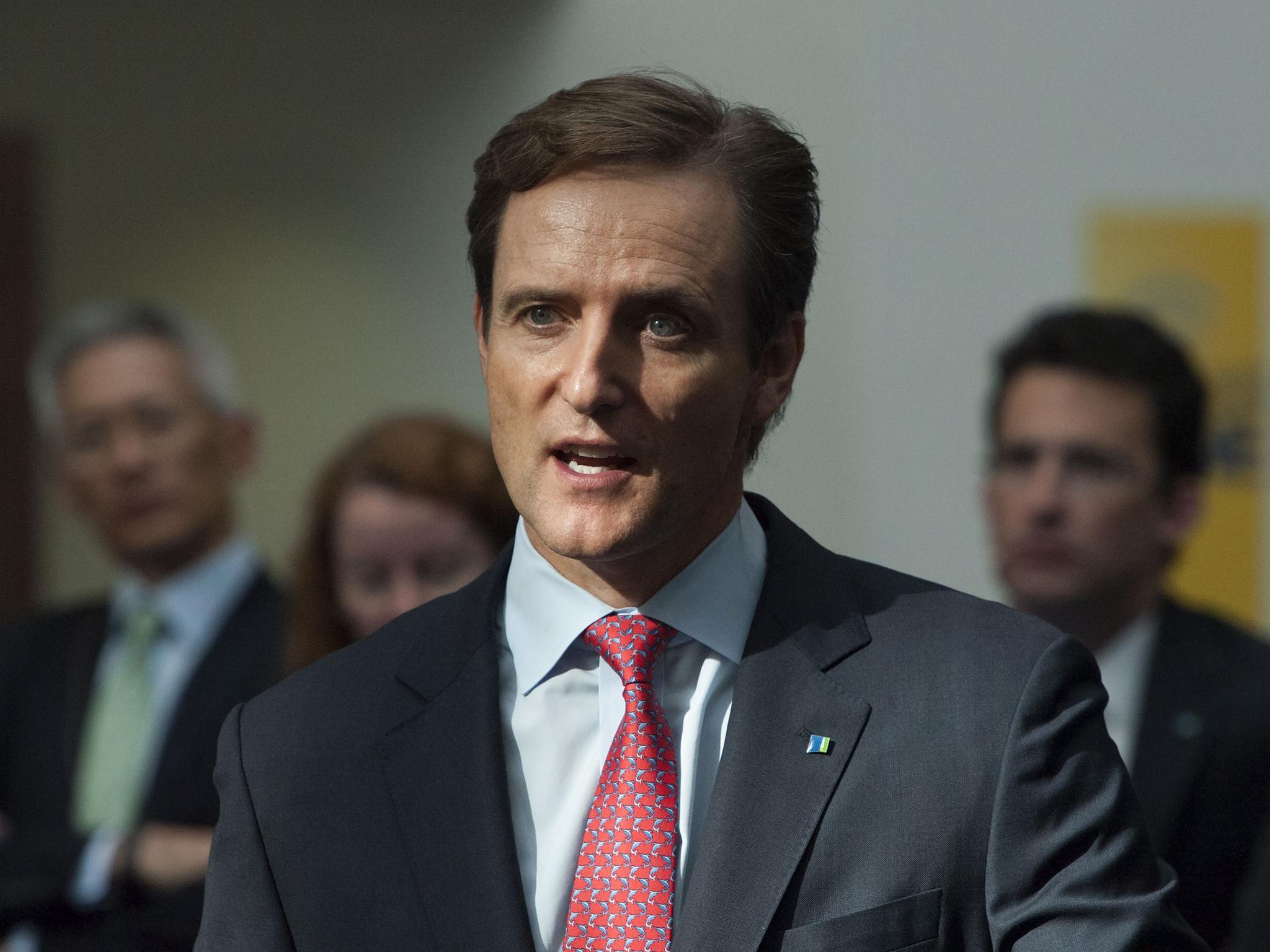
Wilson was seen as a rising star when he took over from the long serving and little-loved Andrew Moss, under whom the problem child of the life insurance sector had been allowed to drift. The hard-charging Kiwi quickly set about fixing what ailed the business, withdrawing from marginal markets where the company lacked scale, and restoring some of its competitive vim. But he blotted his copybook and upset investors with a mishandled plan to buy back a set of preference shares that had offered fancy payouts “in perpetuity”, while critics had started to argue that the benefits of his restructuring were taking too long to be realised. Ultimately it may simply have been time, but the ruthlessness with which the board acted to dethrone him took the City by surprise. The company has been seeking a replacement since October. In the meantime, chair Sir Adrian Montague is running the show.
Jeff Fairburn, Persimmon
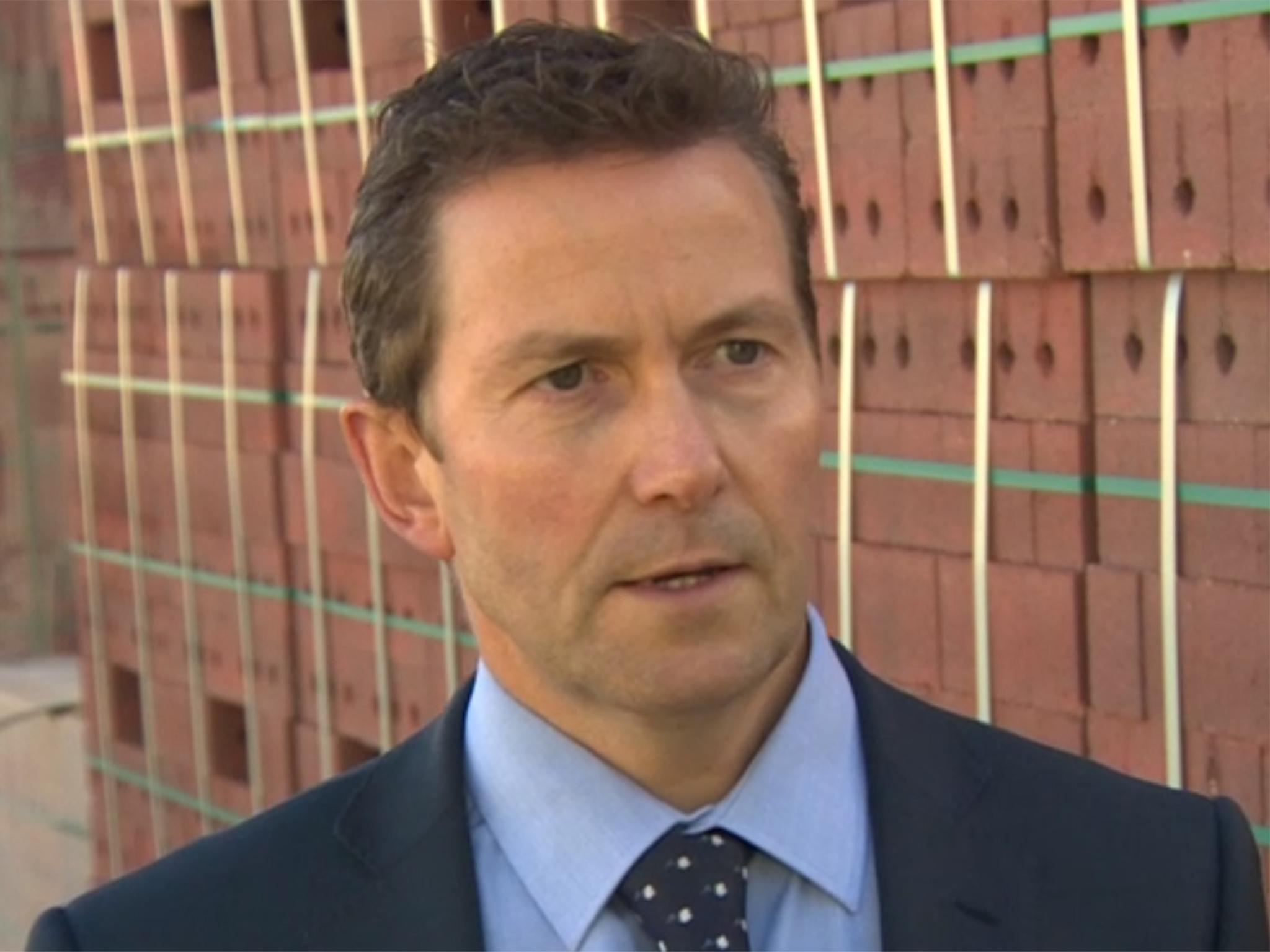
It’s not often that a CEO is publicly asked to leave, but that was the fate of Jeff Fairburn in November. Shares in the builder, which specialises in homes for first time buyers, went like a rocket during his tenure, but it was thanks to the government’s Help to Buy scheme as much as anything he did. Intended to help people take their first step into the housing market, it served as a de facto subsidy. The benefits accrued by the company triggered some truly enormous bonus payments for its managers, topped by £100m in shares for Fairburn. Outrage followed. One commentator described the bonuses as “corporate looting”. The CEO ultimately agreed to reduce his to £75m and give an unspecified portion to charity. It didn’t help and he compounded the problem by walking off camera when asked about it by a BBC reporter. He was on his way shortly afterwards.
Vittorio Colao, Vodafone
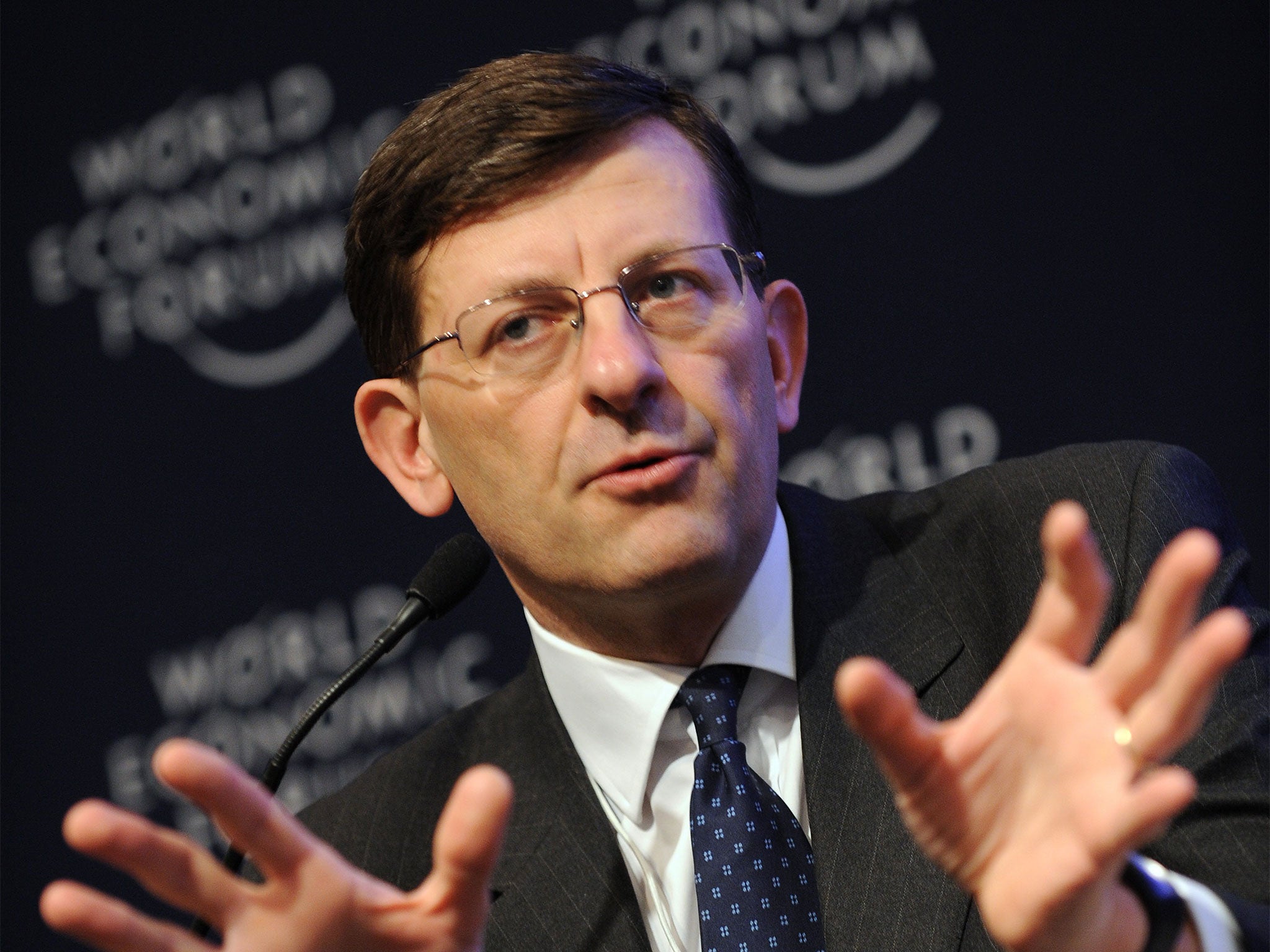
An eventful decade at the top of one of Britain’s corporate giants was brought to an end by Vittorio Colao in October. The CEO gave way to his protégé Nick Read, the finance director of the communications giant since 2014. The urbane Italian had substantially reshaped the company, pulling back from flag planting, and selling its US business. He also oversaw a string of deals including the £16.1bn purchase of cable TV and broadband networks in Germany and east Europe from Virgin Media owner Liberty Global. “We have taken a company which was mostly consumer, mostly mobile, very spread with a lot of minorities, and have turned it into a powerhouse of convergence, with only controlled or co-controlled companies and a very strong enterprise business,” Colao declared. Now is the time, he went on, for a new chapter. But will that chapter prove he picked the right time to leave? Vodafone is under considerable pressure, and while Read didn’t cut its generous dividend, he did bring an end to a decade of increases by freezing it. This will be one to watch carefully.
And it doesn’t stop there
Stuart Gulliver is another big name, but his moving on was well trailed and about as routine as you get at the top of a big company. He became chief executive at HSBC in the wake of a vicious boardroom bust up over the role of his predecessor Michael Geoghegan that spilled over into the press. The bank, however, handled Gulliver’s departure, and the appointment of its head of retail and wealth management John Flint to succeed him, with its more traditional aplomb. Flint officially took charge in February.
That wasn’t the case with the London Stock Exchange, which searched for six months before settling on David Schwimmer, a Goldman Sachs alumnus, who it is hoped can bring an end to the turmoil dogging one of the City of London’s most important companies. He replaced Xavier Rolet, another former banker who oversaw a dramatic improvement in the company’s fortunes, only to find himself forced out following yet another failed attempt to merge with Deutsche Boerse. Schwimmer’s appointment saw women at the top of Britain’s biggest companies outnumbered by men named Dave.
The other big financial group to see a change was St James’s Place Capital, where boss of 11 years David Bellamy gave way to finance director Andrew Croft at the beginning of the year.
The well-travelled Dame Carolyn McCall won through from a final reported shortlist of three to take over at ITV in January, replacing the similarly well-travelled Adam Crozier, who departed last year. She had previously been CEO of EasyJet. For his part, Crozier has since been busy picking up boardroom roles, notably as chair of Whitbread and more recently fashion retailer Asos.
Micro Focus is one of the nation’s biggest tech companies despite having almost no public profile. It is starting to gain one for all the wrong reasons. Its business model involves buying up old, unloved software businesses and squeezing as much cash as it can out of them. The downside of that model became clear when it slashed revenue forecasts. Boss Chris Hsu departed in March having only been in the job a few months “to pursue another opportunity” and (ahem) “spend more time with his family”. Perhaps he was worried about what he found. The company handed the job of sorting things out to his former chief operating officer Stephen Murdoch.
Another tech outfit with troubles is Sage, which specialises in accounting software. It parted company with CEO Stephen Kelly in August. He started off well only to run into “execution” issues. The Newcastle-based group’s finance director Steve Hare took over on an interim basis. He was confirmed in the top job in November.
Paddy Power Betfair shares slumped when Breon Corcoran surprised the market by announcing his departure last summer. Another Worldpay veteran Peter Jackson took on the job of filling the star gambling exec’s sizeable shoes at the start of the year.
Royal Mail in April announced Rico Back would replace eight-year boss Dame Moya Greene. Negative headlines and glum reaction from shareholders followed after revelations of her golden goodbye and his golden hello. Tempers were not improved by a horrible profit warning that smashed the shares in October.

Smith & Nephew, which makes artificial hips and knees, hired Namal Nawana to replace Olivier Bohuon, who announced plans to step down last year, as CEO in May. He was perviously boss of US medical diagnostics company Alere where he oversaw its takeover by Abbott, another American outfit. Mediclinic International has been in and out of the FTSE but was in when Ronnie van der Merwe took over from Danie Meintjes, who announced an end to his eight-year tenure last year.
Anne Stevens became an all too rare female FTSE CEO when she took over at GKN from Nigel Stein in January with the mandate to effect a turnaround. Unfortunately she didn’t last long. The engineering firm succumbed to a controversial hostile bid from Melrose, which buys up metal bashers with a view to boosting their performance before selling them on.
Unhappily Dominic Blakemore took over as CEO of Compass earlier than anyone had expected in January following the untimely death of Richard Cousins in a plane crash. British American Tobacco in September announced that boss Nicandro Durante will step down in April. Insider Jack Bowles was picked to replace him a couple of weeks later to take on the task of adapting to new tobacco formats.
Another announced departure yet to take place is that of Paul Geddes from insurer Direct Line. He was reportedly in the running for the ITV job but will remain at his desk until next summer. A replacement has yet to be found.
Join our commenting forum
Join thought-provoking conversations, follow other Independent readers and see their replies
Comments
Bookmark popover
Removed from bookmarks